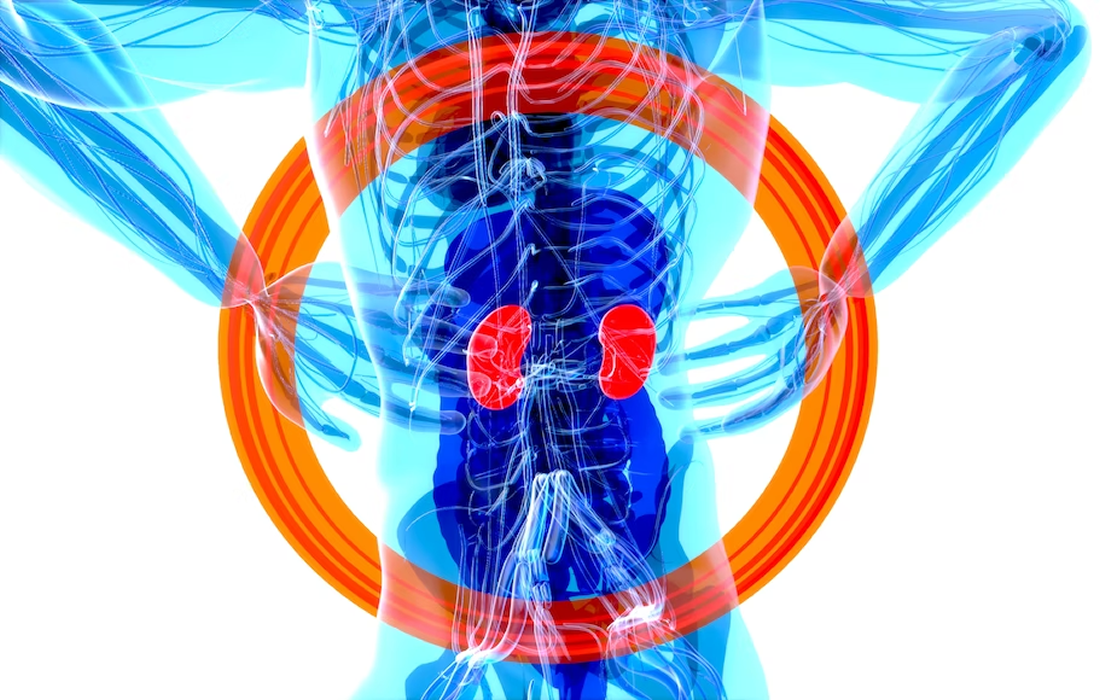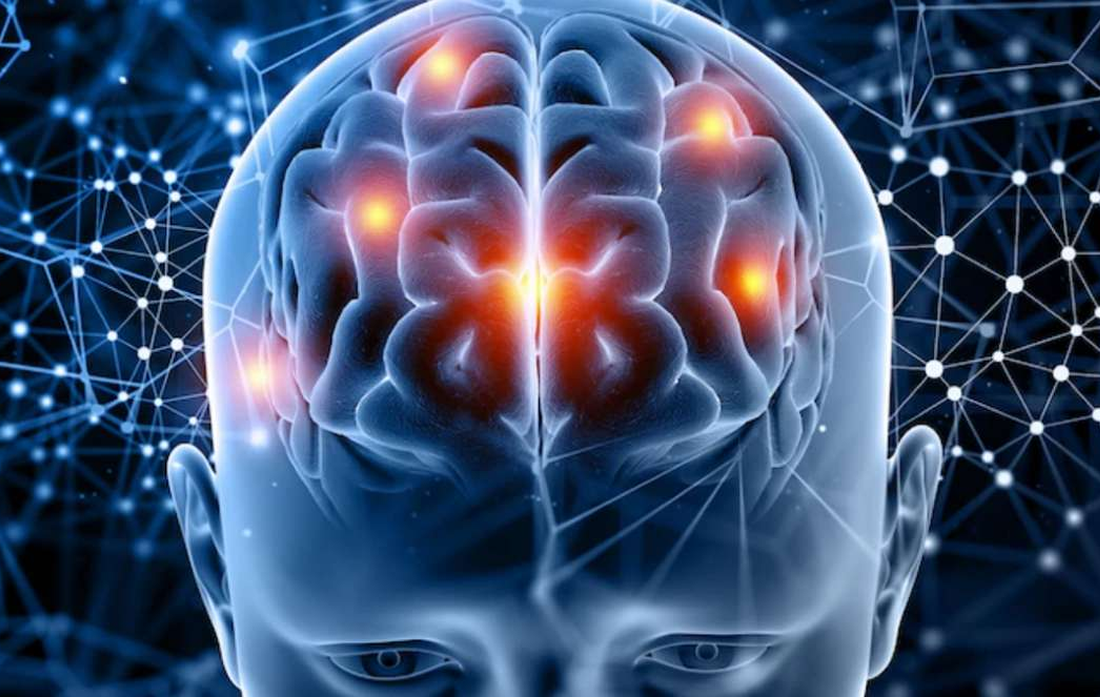Researchers say a new cancer treatment using LED lights implanted near tumors is showing promise. They say the treatment works by the lights targeting the tumors and activating biotherapeutic drugs. Experts say the research looks promising but the treatment could be complicated and requires more study. Oncologists and cancer researchers often describe their work as […]
Monthly Archives: February 2023
Alzheimer disease (AD), the most common form of dementia, has a long preclinical phase, and the cause and progression of the disease are multifactorial. Increased understanding of the disease is critical to effective treatment, prevention, and use of AD biomarkers in the clinical setting. Kidney function has been previously associated with risk of dementia, including […]
A new study finds a link between irregular sleeping patterns and subclinical symptoms of atherosclerosis in older people. Atherosclerosis-related diseases are the leading cause of death in the United States. The study underscores the importance of establishing regularity in one’s sleep routine. A recent study explores a connection between atherosclerosis, not maintaining a regular bedtime, […]
A new study published in the Endocrine Society’s Journal of Clinical Endocrinology & Metabolism found that phthalates in plastics may contribute to diabetes risk in women. “Our research found phthalates may contribute to a higher incidence of diabetes in women, especially white women, over a six-year period,” said Sung Kyun Park, ScD, MPH, of the […]
There are an estimated 785,000 new heart attack cases in the United States each year, and there is no established treatment for repairing the resulting damage to cardiac tissue. After a heart attack, scar tissue develops, which diminishes muscle function and can lead to congestive heart failure A new biomaterial that can be injected intravenously, […]
Just like your future body will thank you for the apple, your future ears (specifically your cochlear hair cells) will thank you for protecting them. The most common cause of hearing loss is progressive because these hair cells, the primary cells to detect sound waves, cannot regenerate if damaged or lost. People who have repeated […]
Epilepsy is one of the most prevalent chronic brain disorders and is characterised by recurrent and spontaneous seizures. Temporal lobe epilepsy (TLE) is one of the most common types of epilepsy worldwide. Most anti-epileptic drugs that are currently available target neurons and synapses in the brain. They are effective in changing neural circuits and synapses, […]
Dental caries (tooth decay) is a natural process by which bacteria in the biofilm cause fluctuations in pH, leading to enamel erosion and a resulting visible lesion. If left untreated, caries can result in pain, abscess, and systemic infection, leading to functional and/or psychosocial impairment. Caries is the most prevalent childhood disease in the world […]
Alzheimer’s disease (AD) is currently the sixth leading cause of death and is characterized by cognitive decline and cerebral atrophy associated with β-amyloid plaques and tau-protein aggregation (neurofibrillary tangles) in neurons. Treatments to reduce β-amyloid and/or tau protein aggregation carry promise but have generally not been as successful as predicted , consistent with a prior […]
Ventricular arrhythmias can occur after a heart attack damages tissue, causing chaotic electrical patterns in the heart’s lower chambers. The heart ends up beating so rapidly that it cannot support the circulation, leading to a lack of blood flow and, if untreated, death. Current treatment options for ventricular arrhythmias caused by heart attacks are far […]










